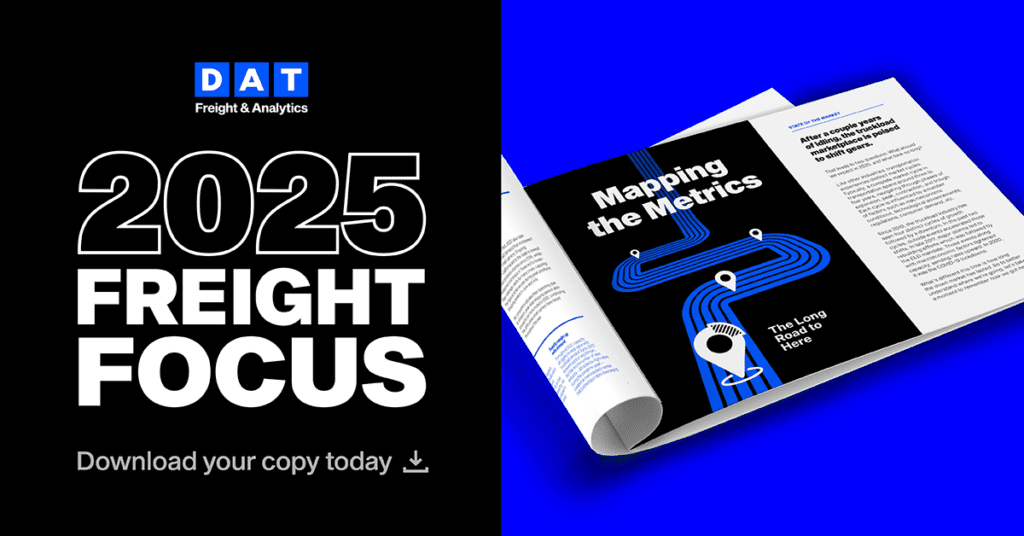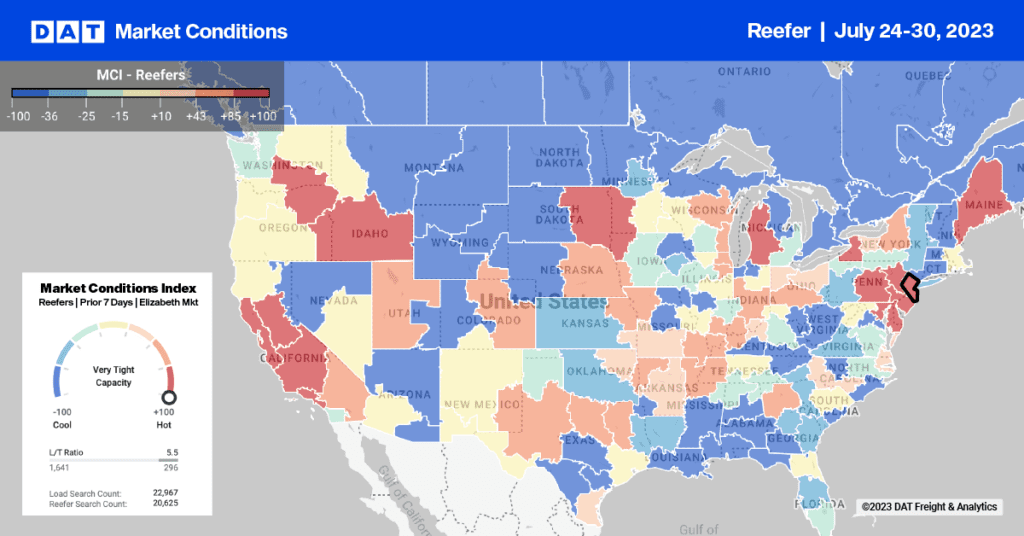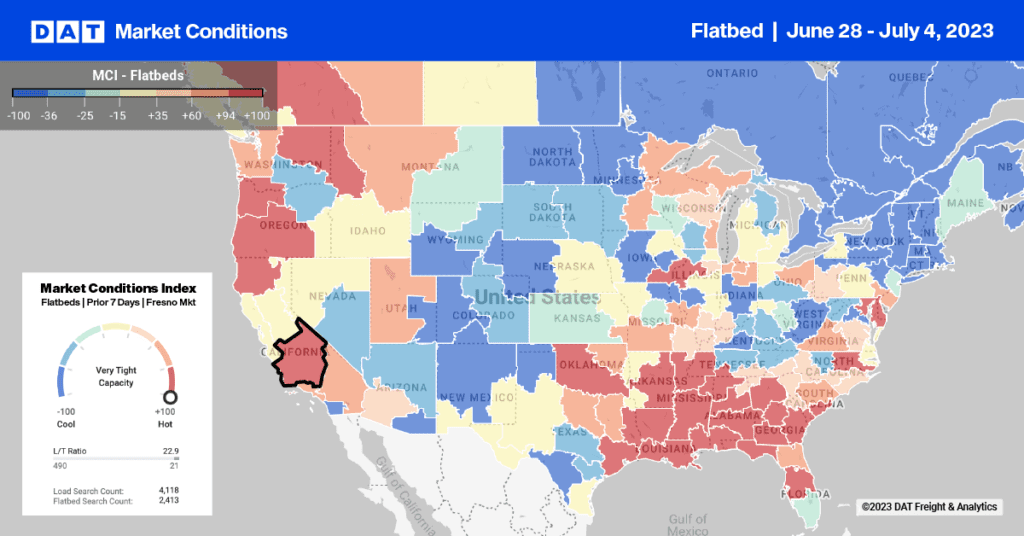Trucking regulations were in the news throughout 2011. The big ones, including CSA, the new HOS and the ban on handheld phones, had less of an impact than many people expected or feared. Headlines in 2012 are likely to focus on the impact of those rules, plus a proposed unified registration system (URS) and the fate of FMCSA’s safety fitness determination (SFD.) Here’s a recap and a look ahead, plus some links to help you keep up with regulatory news.

Regulations that shaped trucking in 2011:
1. CSA – The new safety program rolled out nationwide, and it seems to be working but it is not fully implemented yet. We are still waiting for FMCSA to issue a rulemaking on the long-awaited safety fitness determination (SFD.) Without the SFD, there is no improvement in the safety area’s most critical area: suspending unfit carriers. I wrote about this in more detail in a previous blog post.
2. HOS – The new hours of service rules were issued in December, so they had no impact in 2011 – unless you count all the time spent by industry associations lobbying to retain the 11-hour limit. Well, truckers keep the 11-hour day, but the work week will be shorter. These rules may have an impact on the long hauls, but the changes were not as far-reaching as anticipated. Here’s a link to the text of the new HOS rule, for those of you who haven’t memorized it yet.
3. EOBR – As part of the CSA program, FMCSA said it would require electronic on-board recorders (EOBR) for carriers and drivers who repeatedly failed to comply with the hours of service rules. Then they backed off. As recently as December, the FMCSA held public hearings on the issue, to review the findings of the agency’s EOBR implementation subcommittee.
4. Handheld phones – Commercial vehicle drivers nationwide are prohibited from using handheld phones, and employers can’t require or allow their use. Hands-free devices are still permitted, although the National Traffic Safety Board (NTSB) recently recommended banning those, as well.
5. Cross-border trucking – A pilot program for Mexican trucks was suspended in 2009 and reinstated in 2011. As reported in Heavy Duty Trucking, the governments of the U.S. and Mexico consider the program to be a component of NAFTA, and some large shippers back the initiative, but the plan faces opposition from OOIDA, the Teamsters union and advocacy groups for safety and environmental concerns, among others. To the north, plans are shaping up to expedite freight traffic between the U.S. and Canada.
6. URS – The FMCSA proposed a unified registration system (URS) in October. The goal is to consolidate the separate registration systems for interstate carriers, property brokers and freight forwarders, among others, and create a single, comprehensive database. The URS is part of an effort, begun in 2005, to prevent so-called “chameleon” carriers from closing down their businesses and re-opening with new names and MC numbers. Response from the industry has been mostly positive.
The Road Ahead: More of the Above in 2012, Plus Tools for Chameleon Hunters
In 2012, expect to see more activity on CSA. The critical SFD component may not be ready until next year, but FMCSA still has some work to do on defining the cargo securement BASIC and possibly adding to rules governing Hazmat hauls. The URS is unlikely to be implemented in 2012, so rely on the Alias Search feature of CarrierWatch® to detect and avoid chameleon carriers or brokers.
Here are some useful links for info on regulatory issues. You might want to bookmark some of these:
• This is a good resource for rules that are currently in the FMCSA pipeline. It mentions: HOS/EOBRs, Cross-Border Trucking, universal registration and cell phone restrictions.
• The final rule for HOS is here.
• FMCSA meeting announcement that summarizes the EOBR issue
• Full text of the proposed rulemaking on the Unified Registration System (URS)
• TIA comments on the URS proposal.


